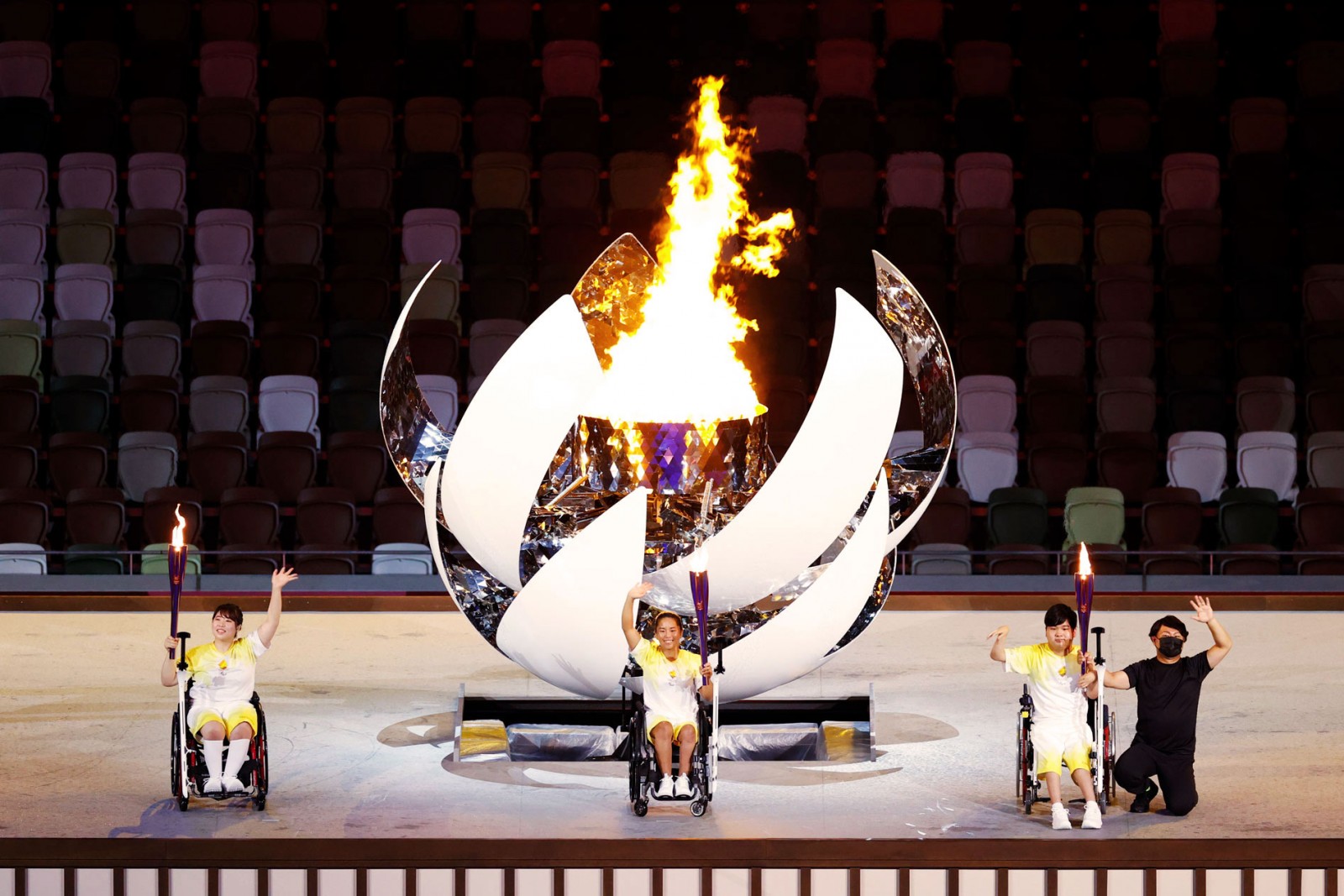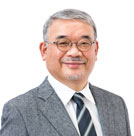Veteran sports writer Shinsuke Sano provides an overview of the achievements and shortcomings of the Tokyo Games from the viewpoint of sustainability and shares his thoughts on what additional actions are needed in achieving the SDGs.
We use cookies to optimize and continuously improve our website for individual users. By closing this banner or continuing to view the website, you are agreeing to the use of cookies for this purpose, as detailed in our Privacy Policy.
Veteran sports writer Shinsuke Sano provides an overview of the achievements and shortcomings of the Tokyo Games from the viewpoint of sustainability and shares his thoughts on what additional actions are needed in achieving the SDGs.
While talk about pandemic-delayed Tokyo 2020 has centered on what was missing from the Games, notably spectators, the event also featured some less-publicized but nonetheless significant initiatives toward building a more sustainable society.
In 2015, the United Nations adopted 17 Sustainable Development Goals to be achieved by developed and developing countries alike by 2030. These SDGs, along with 169 specific targets, are intimately linked to the way we go about our daily lives and how we perceive the world around us. Goal 1, “No Poverty,” for example, may appear to be an issue for less economically developed countries, but even in Japan, one in six to seven children suffers from poverty. Many public- and private-sector initiatives exist to address this problem, but awareness among the general public is still quite low.
Goal 5, “Gender Equality,” came under scrutiny when complaints emerged over “sexist” comments made by the head of the Tokyo Organizing Committee. Global Gender Gap Report 2020 ranked Japan 121st out of 153 countries in the Global Gender Gap Index; this was quite low among the OECD countries and last among the Group of Seven industrialized nations. In response, the organizing committee’s share of female board members was quickly raised, and efforts were made to achieve greater gender parity during the opening and closing ceremonies.
While none of the 17 goals mentions sports specifically, paragraph 37 of the 2030 Agenda for Sustainable Development, which lays out the SDGs, states: “Sport is also an important enabler of sustainable development. We recognize the growing contribution of sport to the realization of development and peace in its promotion of tolerance and respect and the contributions it makes to the empowerment of women and of young people, individuals and communities as well as to health, education and social inclusion objectives.”
In other words, sports can play an important role in achieving the SDGs and make a major contribution to overcoming societal challenges. In addition to using their global influence to raise people’s awareness of sustainability issues, large-scale sports events must also strive to achieve greater climate friendliness.

Next-generation hydrogen fuel—a clean energy source—was used for the first time in Olympic history to light the flames of the Tokyo 2020 cauldron and torch relay. The hydrogen, produced at a plant in Fukushima Prefecture, was also used to power fuel cell buses and the energy system in the Olympic Village. ©Photo Kishimoto
Many sporting goods manufacturers, leagues, and teams are actively engaged in SDG-related initiatives. The International Federation of Association Football (FIFA), for instance, has set an exemplary standard for governing bodies, while the International Olympic Committee, which has long worked closely with the United Nations, now assumes the functions of the UN Office on Sport for Development and Peace. Momentum in Japan picked up in 2018, when the Sports Agency formulated an international sports strategy that incorporates the SDGs. And since London 2012, all Olympic and Paralympic Games have been organized in accordance with the ISO 20121 international standard for sustainable event management.
Tokyo 2020, for its part, was held under a sustainability concept of “Be better, together—For the planet and the people,” in which five key themes were identified, as follows:
The five themes of the sustainability concept covered a broad range of issues and presented a vision for the society of the future. Still, standards for waste reduction and the procurement of materials were quite low by international norms, prompting environmental groups to demand fuller disclosures of the standards used in the procurement of wood and marine products. Criticism was also directed at the discarding of 130,000 boxed lunches and 5 million yen’s worth of masks, gowns, and other medical supplies. Much more must also be done to promote gender equality. These are issues that must be addressed by the Japanese sports community as a whole.
But who will take leadership of such unresolved issues, particularly with the organizing committee scheduled to be dissolved in June 2022? Surely, the Sasakawa Sports Foundation and other private-sector organizations must step up and also play an active role in promoting greater sustainability in sports.
Translated by the SSF from an article published in Japanese on November 17, 2021.

Shinsuke Sano
Director and Senior Special Researcher, Sasakawa Sports Foundation
Columnist, Sankei Shimbun
Professor, Faculty of Sport Management, Shobi University
Joined the Sankei Shimbun Co. after working for the Hochi Shimbun, serving as Sydney bureau chief, head of the Sports Department, director and corporate officer of Sankei Sports, and Sankei Shimbun board director. Has a 30-plus-year career as a sports reporter, covering baseball and the Olympics for 15 years each and reporting on five Olympic Games. Concurrently holds such other positions as director of the Japan Olympic Academy, member of the Japan Sport Fairness Commission, and part-time lecturer at Waseda University. Is the co-author of 2020 + 1 Tokyo Taikai o kangaeru (Thinking About Tokyo 2020 plus 1).